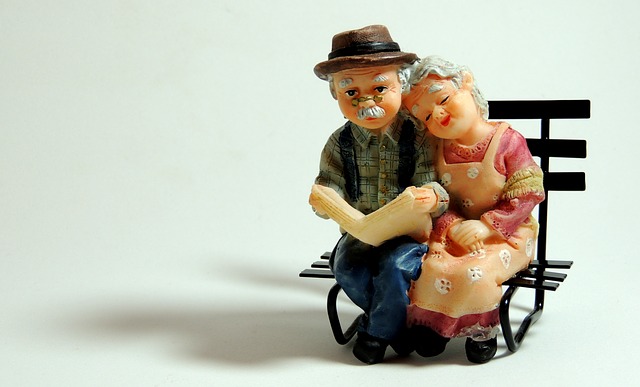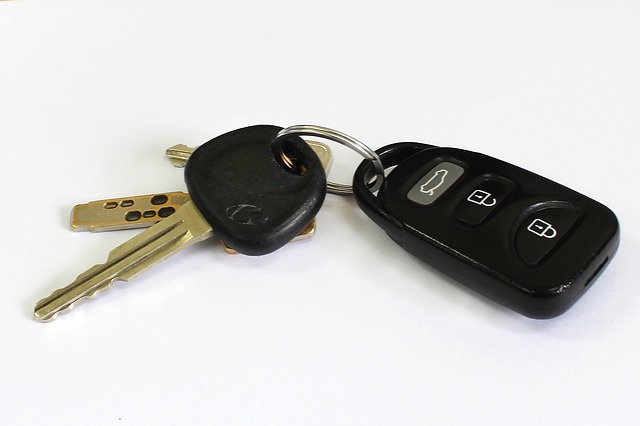The holidays bring scattered families together — giving adult children the perfect opportunity to closely inspect how aging parents are managing. It’s not by chance that calls to Independent Living, Assisted Living and Memory Care communities spike just after the holidays. This is when families detect hints of trouble or see catastrophes on the horizon.
So while you’re enjoying the festivities of the season, take time to investigate the following eight potential signs of trouble. Remember, it’s better to be proactive than reactive in a crisis!
Show Your LOVE with a Big Hug

Look for:
• Obvious weight loss. Depression, cancer, or even difficulty grocery shopping & cooking can be behind a noticeable loss of weight.
• Increased frailty. Pay close attention to the way your loved one walks (do they shuffle more?), and moves (do they rise easily from a chair or have trouble with balance?). Compare these benchmarks to the last time you were together.
• Obvious weight gain. Injury, diabetes, and dementia might be the cause. Money troubles that lead to fewer fresh foods and result in more dried pasta & bread can also be culprits.
• Strange body odor. Changes in personal grooming habits, due to memory issues or physical ailments, might be noticeable on very close inspection.
Rifle Through the Mail

Look for:
• Unopened personal mail. Everybody leaves some junk mail untouched, but few of us can ignore a good old-fashioned, hand addressed letter.
• Unopened bills. This can be a sign that your loved one is having difficulty managing finances–one of the most common first signs of dementia.
• Letters from banks, creditors, or insurers. They may be routine business. But it’s alarming if they’re referring to overdue payments, overdrawn balances, recent accidents, or other worrisome events.
• Thank-you messages from charities. Older adults are often vulnerable to scams, and even those who have always been fiscally prudent are vulnerable if they’re having cognitive difficulty (a common sign of Alzheimer’s disease). Some charities hit up givers over and over, and your loved one may not remember having donated the first time.
Take a Drive with Mom or Dad Behind the Wheel

Look for:
• Nicks or dents as you enter & exit the car. These can be signs of careless driving or decrease in vision.
• Does your loved one fasten his or her seatbelt? Basic routines are not always remembered by someone with mild dementia.
• Signs of tension, uneasiness, or distraction. Is your loved one no longer willing to drive at night? Or on highways? Is it hard for him or her to talk to you or listen to the radio and also pay close attention to the road?
• Signs of driving issues. Tailgating, slow reaction time, consistently going below speed limit, or confusing gas and brake pedals are signs to watch for. See #8 for more ways to assess someone’s driving.
• Dashboard warning lights. Does the car have sufficient oil, gas, antifreeze, windshield-wiper fluid?
Inspect the Kitchen–Refrigerator to Counter to Cupboards

Look for:
• Perishables past their expiration dates. Your loved one might be buying much more than he or she needs, but you want to be sure there’s a reasonable ability to ditch the old stuff (rather than use it).
• Multiples of the same item. Ten bottles of ketchup or a dozen different vinegars might indicate he or she can’t remember from one shopping trip to the next what is still in the cupboards at home.
• Appliances that are broken & haven’t been repaired. Check the microwave, coffeemaker, toaster, washer, and dryer–any device ou know your parent used to use routinely.
• Signs of past fire. Look for charred stove knobs or pot bottoms, potholders with burned edges, a discharged fire extinguisher, smoke detectors that have been disassembled. Accidents happen, but accidental fires are a common home danger for older adults.
• Increased takeout or simpler cooking. If someone who used to cook a lot no longer does or has downshifted to extremely simple recipes, the explanation could be a change in physical or mental ability.
Look Around the Living Areas
Look for:
• Piles of clutter. Especially if this is a change for your loved one, being unable to throw anything away may be a sign of a neurological or physical issue. Papers that spill onto the floor are a particular tripping hazard.
• Cobwebs, signs of spills that haven’t been picked up, or other signs of housekeeping that’s more lax than it once was. Spills are a common sign of dementia; the person lacks the follow-through to clean up after a mess. Or your loved one may have physical limitations and simply need more housekeeping help.
• Bathrooms that are not clean. Often those who make an extra effort to tidy for guests in main rooms neglect the bathroom, where a truer picture of how the person is keeping up with things may be reflected.
• Signs that your loved one has cut back on activities & interests. Is a hobby area abandoned? Are there no longer engagements written on the hall calendar? There are many reasons people cut back, but a dramatic loss of interest in activities is a red flag for depression.
Inspect How House Plants or Animals are Being Cared For

Look for:
• Plants that are dying, dead, or just gone. How well other life is looked after may reflect how well your parents can look after their own lives.
• Animals that don’t seem well tended. Watch out for dogs with long nails, cat litter boxes that aren’t changed routinely, dead fish in the fish tank, or any animal that seems underfed or poorly groomed.
Walk Around the Grounds

Look for:
• Signs of home maintenance problems. Look for discolored siding or ceilings that might indicate a leak, gutters choked with leaves, broken windows or fences.
• Newspapers in the bushes. Check for papers that were delivered but ignored.
• Mail piled up in the mailbox. Watch for this indication that your loved one doesn’t know to retrieve it regularly.
Talk to Those in Your Loved One’s Circle: Ask Neighbors, Church Family, Friends

Look for:
• Comments that reveal your loved one doesn’t get out much. “We don’t see her much lately.”, “She doesn’t call anymore.”, “She quit coming to the Senior Center.”
• Statements that reflect that your loved one has complained about health or needs extra assistance getting basic chores done. “Has he had that heart test yet?” “We were worried the day the ambulance came.”
• Indications of concern in their voices. Listen for comments about your loved one; about his or her health, pets, anything











